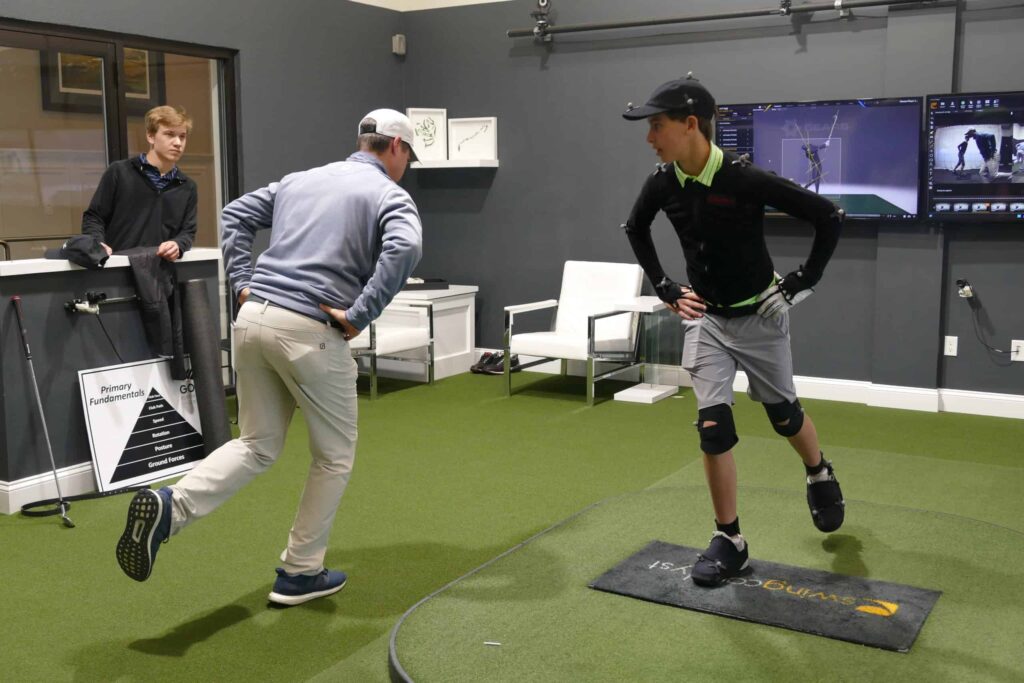The Journey of Golf Improvement: Focusing on Skills Over Scores
Golf, often described as a game of inches and mental fortitude, presents a unique blend of physical, mental, and technical challenges. While the allure of achieving lower scores is undeniable, the true essence of improvement in golf lies in the deliberate and holistic development of one’s skills. This document explores the multifaceted process of enhancing physical, mental, and playing abilities in golf, emphasizing the journey over the quantifiable results.
Physical Skills: Building the Foundation
Improving physical skills in golf involves enhancing strength, flexibility, and coordination. These elements form the foundation upon which a golfer’s performance is built.
Strength and Conditioning
A well-structured strength and conditioning program can significantly impact a golfer’s ability to generate power and maintain endurance throughout a round. Focusing on core strength, leg stability, and upper body power allows for a more controlled and forceful swing. Exercises such as squats, lunges, and rotational drills can aid in developing these crucial areas.
Flexibility and Mobility
Flexibility is paramount for achieving a full and fluid swing. Stretching routines targeting the shoulders, hips, and lower back can enhance the range of motion, reducing the risk of injury and promoting a smoother swing. Yoga and Pilates are excellent practices for increasing overall flexibility and promoting balance.
Coordination and Motor Skills
Coordination drills, such as hand-eye exercises and balance training, play a pivotal role in refining a golfer’s motor skills. These drills help synchronize the movements of various body parts, leading to more consistent and accurate ball striking.
Mental Skills: Mastering the Mind
Golf is as much a mental game as it is a physical one. Developing mental resilience and focus is essential for maintaining composure and executing shots under pressure.
Visualization and Imagery
Visualization techniques involve mentally rehearsing shots and envisioning successful outcomes. By creating a vivid mental image of each shot, golfers can enhance their confidence and improve their ability to execute under different conditions.
Focus and Concentration
Sustaining focus throughout a round requires practice and discipline. Techniques such as mindfulness meditation and breathing exercises can help golfers remain present and avoid distractions. Developing a pre-shot routine also aids in maintaining concentration and consistency.
Emotional Control
Managing emotions is crucial in golf, where frustration and anxiety can impact performance. Learning to stay calm and composed, even after a poor shot, can prevent a chain reaction of errors. Techniques such as positive self-talk and reframing negative thoughts can foster a resilient mindset.
Playing Skills: Honing the Craft
Playing skills encompass the tactical and technical aspects of golf, including shot selection, course management, and short game proficiency.
Shot Selection and Strategy
Understanding when to play aggressively and when to adopt a conservative approach can significantly influence scores. Studying the course layout, identifying hazards, and planning shots accordingly are essential components of effective course management.
Short Game Mastery
The short game, comprising chipping, pitching, and putting, is often the differentiator between good and great golfers. Practicing various short game scenarios and focusing on touch and feel around the greens can lead to lower scores and increased confidence.
Technical Refinement
Continuous refinement of swing mechanics and technique is necessary for consistent performance. Working with a coach, analyzing swing videos, and incorporating feedback are valuable methods for identifying and addressing flaws in one’s game.
The Result of a Score: A Byproduct, Not the Goal
While scores provide a tangible measure of improvement, they should be viewed as a byproduct rather than the ultimate goal. Focusing solely on scores can lead to undue pressure and frustration. Instead, golfers should emphasize the processes and habits that contribute to overall skill development.
Process-Oriented Approach
Adopting a process-oriented mindset involves setting specific, measurable, and attainable goals related to skill improvement. For example, rather than aiming to break a certain score, a golfer might focus on improving their putting accuracy or increasing their driving distance.
Tracking Progress
Keeping a practice journal or log can help golfers track their progress over time. Recording practice sessions, noting areas of improvement, and reflecting on rounds can provide valuable insights and motivation.
Enjoyment and Fulfillment
Ultimately, the joy of playing golf comes from the journey of continuous improvement and the experiences shared on the course. Celebrating small victories, learning from setbacks, and appreciating the beauty of the game contribute to a fulfilling and rewarding golfing experience.
The process of improving golf skills—encompassing physical, mental, and playing aspects—transcends the mere result of a score. By focusing on holistic development and embracing the journey, golfers can achieve lasting success and enjoyment in the game.


